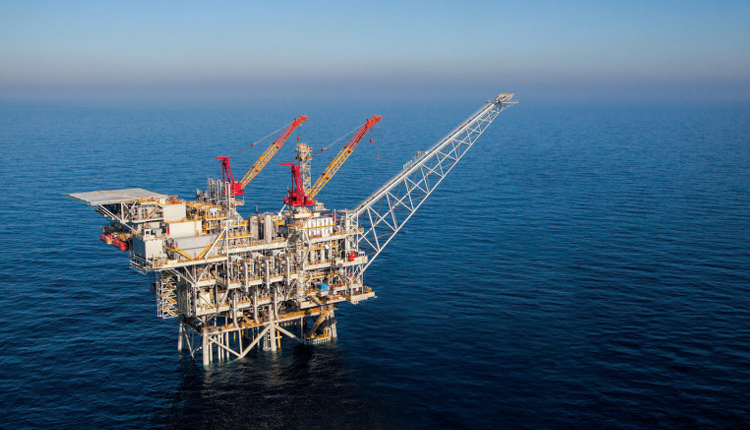For the first time on Monday since signing a license to export natural gas to Egypt, Israel became a major energy exporter. The announcement comes a few days before a lucrative Israeli gas field is set to go online in the Mediterranean Sea.
Energy Minister Yuval Steinitz declared the permit to be Israel’s “historic landmark.” He said it’s the neighboring countries’ most important economic partnership after they signed a peace deal in 1979.
In an effort to reduce its reliance on Russian gas, the European Union has promoted the development of new supply routes, including through the eastern Mediterranean. Such routes might also curb Iranian aspirations to use Syria as a Mediterranean gateway.
“The natural gas revolution turns us into an energy force and provides us not only with tremendous income for the nation but also with a dramatic reduction in air pollution,”
Criticisms and Threats
Steinitz said Israel plans to sew off coal thanks to the anticipated gas boon. Nevertheless, Israel’s dependence on its newly found gas reserves over the past decade has faced extreme domestic criticism from environmental and social welfare activism.
Critics say the government was too accommodating toward the gas tycoons behind the discovery and the massive investment has diverted resources away from concentrating on renewable sources of energy.
Local activists recently urged Israel’s Delek Drilling and its U.S. subsidiary, Noble Energy, to move a planned shoreline gas treatment rig further out into the sea. The protesters are fearful of what they call the devastating effects of bringing contaminated water and air pollution to their homes.
Delek, Noble and the Israeli government insist on putting in place the most stringent security measures and accusing their critics of carrying out an irresponsible campaign of fear.
In addition to the economic benefits, the gas pledge seems to have allowed Israel to grow closer to Arab governments and other Mediterranean countries.
Multi-Billion Dollar Partnership
Last year, Israel signed a $15 billion deal to supply 64 billion cubic meters of gas to Egypt over a 10-year period that will help transform the region into a lucrative energy hub.
Egypt held its first ever national conference on gas in January. Together with other international delegations, Israel’s energy minister attended the first such visit by an Israeli cabinet member since the Arab Spring revolution in Egypt in 2011.
Although in Egypt, where support for the Palestinians is high, past economic agreements with Israel have been controversial, and relations have been steadily warming.
Source: Business Times


